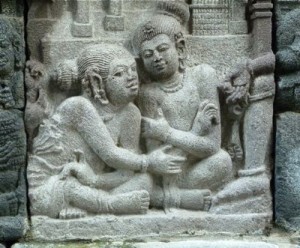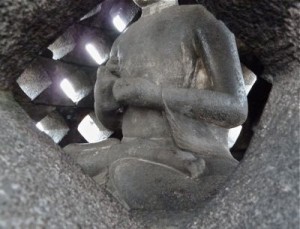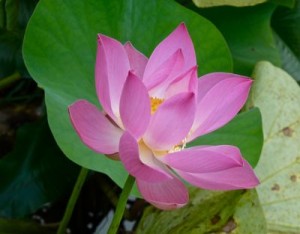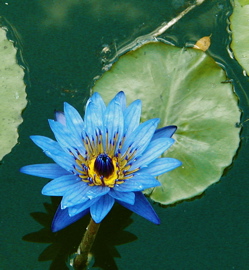Practice Sincerity

The homegrown sweetness of sincerity draws less attention than enthusiasm–but its frank simplicity may outshine enthusiasm in the long run.
 Sincerity makes our energy smooth, open to feeling and meaning. Energy goes out from us into the world and returns to us with situations, people, and events. Sincerity powerfully crafts what comes back to fit with who we are and what we are ready to take on. Sincere energy moves us into life simply and directly.
Sincerity makes our energy smooth, open to feeling and meaning. Energy goes out from us into the world and returns to us with situations, people, and events. Sincerity powerfully crafts what comes back to fit with who we are and what we are ready to take on. Sincere energy moves us into life simply and directly.
The pure mirror of sincerity allows us to see one other’s heart and intentions. Lack of artifice creates a clean, direct, wholesome interface. Sincerity is like an open flow or a portal that invites connection. Sincerity is a gateway through which the universe can interface with us.
In my early twenties I met a martial artist with astonishing talent. He positioned me exactly, moving my body parts a fraction of an inch this way or that, straightening or expanding me into the stance he had asked me to maintain. Suddenly I was shot through with energy like liquid lightening.
I had no funds then to pay for instruction. The friend who introduced me to this master told me I did not need money if I had what it took to work with this teacher. He set up an interview.
I was amazed by the energy and beauty in the room where we met. The master declined taking me on. With respect, intention, and presence he told me that I was not sincere enough. I lacked the dedication to practice intensively and stick with it. I asked for his contact information should I wish to return, but the opportunity was gone. Yet his words about sincerity cut through my disappointment. They entered my heart and took up residence.
I still understand that sincerity is a key that opens special situations.
I do not share this story as a regret. My journey at that juncture drew me to live in a spiritual center. I was sincere in my involvement, correctly placed, and still draw upon what I learned.
The beauty of sincerity is that it cannot be manufactured, or bidden by will. Sincerity is natural response. We can uncover it in ourselves, make room for it, and permit ourselves to express it, but we cannot create sincerity. Sincerity can be an attribute (part of you) or an expression (showing the feeling of the moment). Either way it is springs from authenticity.
Sincerity has a special grace. That grace is powerful, opening hearts and opportunities as our own heart is sincerely open to making a full response to the possibilities life presents.
Some substitute enthusiasm for sincerity. Enthusiasm comes across as highly positive. It may or may not be totally sincere. Sincerity implies heartfelt willingness to commit. A sincere response can lead to life changes or change who we take ourselves to be. Enthusiasm can be practiced for social approval. Enthusiasm may fasten on each shiny new possibility without the ballast of a sincere heart.
There is a difference between the heightened interest of enthusiasm and the  committed willingness of sincerity. Enthusiasm may enter situations or relationships full steam ahead only to turn the same, warm attention elsewhere when challenges emerge. If less flashy, sincerity proves to be a more grounded and sustained state over time.
committed willingness of sincerity. Enthusiasm may enter situations or relationships full steam ahead only to turn the same, warm attention elsewhere when challenges emerge. If less flashy, sincerity proves to be a more grounded and sustained state over time.
Pay attention to any opportunity to express completely sincerity. Sincere moments are usually lucid moments, when we are present to life in authentic feeling. Sincerity is inherently meaningful. You can make your life more meaningful by expressing your sincerity.
What have YOU noticed about your energy and your experience when you are totally sincere?




























